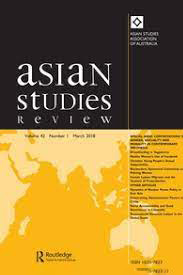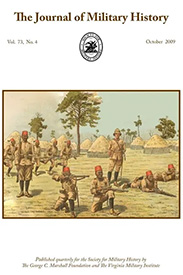Why was the legal system in 1930s Japan so friendly to right-wing offenders, even when they tried to assassinate leading statesmen and generals? The answer is intertwined with a cultural narrative defined here as “subjectivism”, that assigned vital importance to a criminal’s subjective state of mind when evaluating his or her transgressions. Though influenced by Western thought, this narrative was indigenous to Japan. It originated in the late Edo period, shortly prior to the establishment of the Meiji State in 1868, under specific historical circumstances and was later reinforced by the policy of the early Meiji State. Consequently, it pervaded education, politics and popular discourse alike, in the civilian sphere and even more so in the army. Until the early 1920s, this trend had a relatively modest influence on the Japanese justice system. It then began to gain traction in military courts dealing with political crimes of army personnel. From 1932 it influenced civilian courts as well, though civilian judges were relatively more reluctant to accept it than their military peers. After a peak in the mid-1930s, it again receded into the background, following the abortive coup d’état of February 26, 1936.


